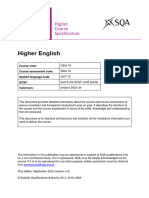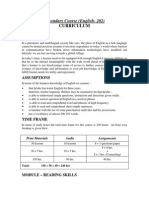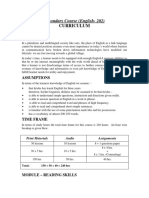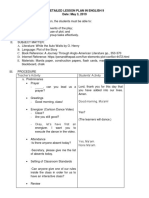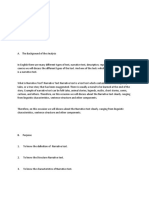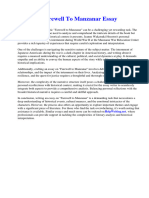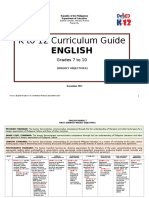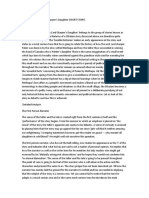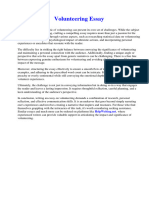0% found this document useful (0 votes)
16 views7 pagesEnglish
The document provides a comprehensive overview of English studies, emphasizing its role in developing critical thinking, communication skills, and cultural awareness. It outlines core components such as language and grammar, literature, writing, and speaking, while also detailing the applications of English studies in various fields like education, media, and business. Additionally, it addresses challenges faced in studying English and highlights specialized fields within the discipline.
Uploaded by
favouru082004Copyright
© © All Rights Reserved
We take content rights seriously. If you suspect this is your content, claim it here.
Available Formats
Download as PDF, TXT or read online on Scribd
0% found this document useful (0 votes)
16 views7 pagesEnglish
The document provides a comprehensive overview of English studies, emphasizing its role in developing critical thinking, communication skills, and cultural awareness. It outlines core components such as language and grammar, literature, writing, and speaking, while also detailing the applications of English studies in various fields like education, media, and business. Additionally, it addresses challenges faced in studying English and highlights specialized fields within the discipline.
Uploaded by
favouru082004Copyright
© © All Rights Reserved
We take content rights seriously. If you suspect this is your content, claim it here.
Available Formats
Download as PDF, TXT or read online on Scribd
/ 7











































